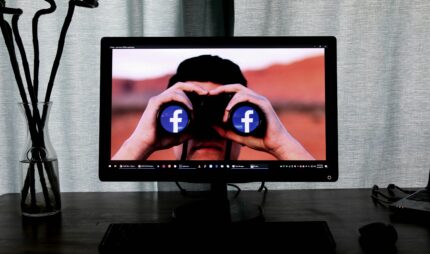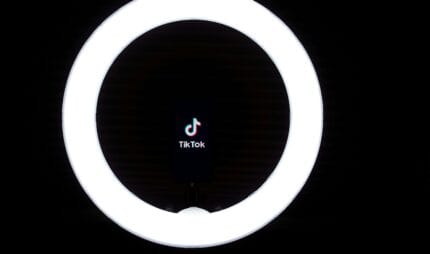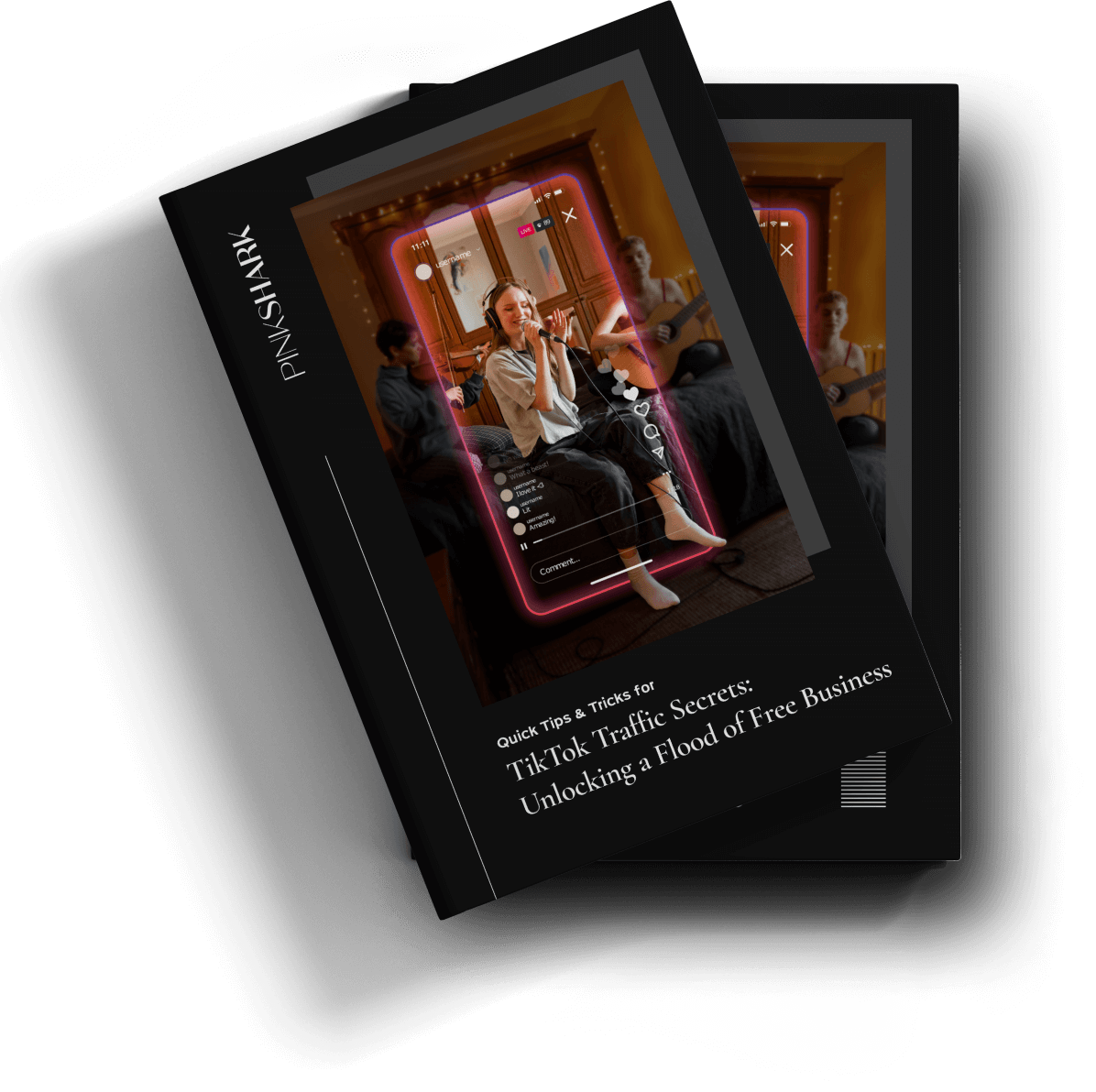Among the consequences of the 2016 presidential election is a potentially lasting reduction in confidence about the accuracy of polling. Nearly all of the poll numbers turned out to be wrong, making Donald Trump’s victory on November 9 a stunning upset. But could this election also be remembered as an instance of social media companies beginning to take over the role of polling institutions and familiar tools of analysis?
Back in November, CNN published an article suggesting as much. It indicated that a small social media company called BrandsEye had correctly predicted the outcome in nine out of 11 key battleground states by using a combination of algorithmic data collection and human verification to assess the overall sentiment on social media. The data identified more negative attitudes about Clinton immediately prior to the election, and more intensely positive attitudes about Trump.
That comparative enthusiasm appears to have been the determining factor in the race, and it holds lessons not just for future political races but also for businesses and social media companies from Los Angeles to Washington. The CNN report emphasized that BrandsEye is not usually in the politics game. The procedures it used are usually applied to corporate brands in order to stay ahead of potential PR crises and to fully exploit surges in popularity and brand awareness.
This is a service that local social media companies should be able to render for you, in one way or another. And as it turns out, that is equally true whether you are an online retailer trying to drive traffic to your site, or a local-area politician using a Los Angeles social media company to determine which districts and demographics your campaign needs to target.



